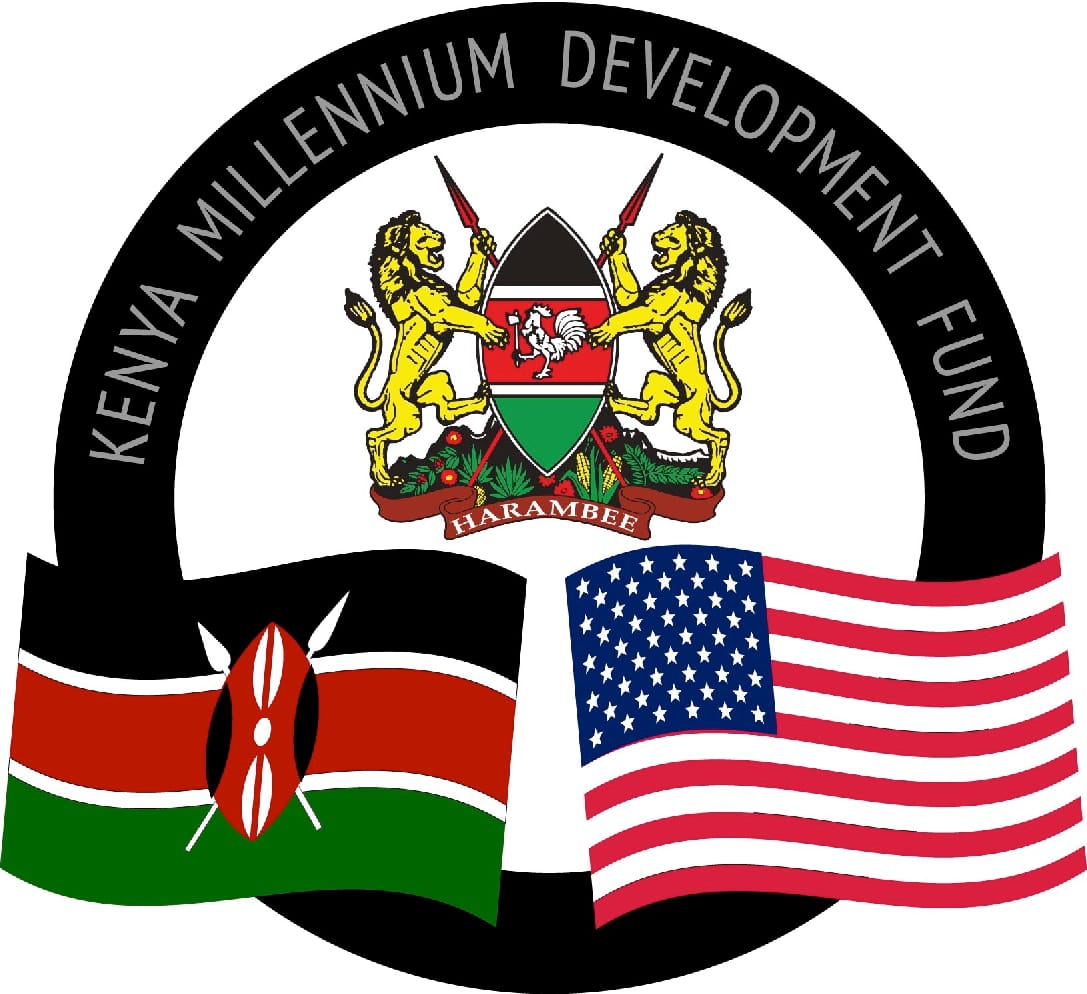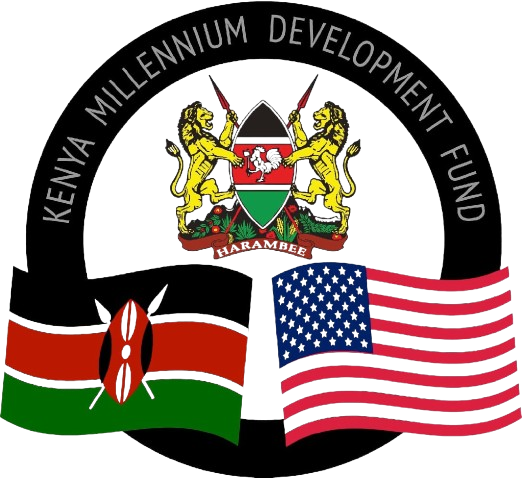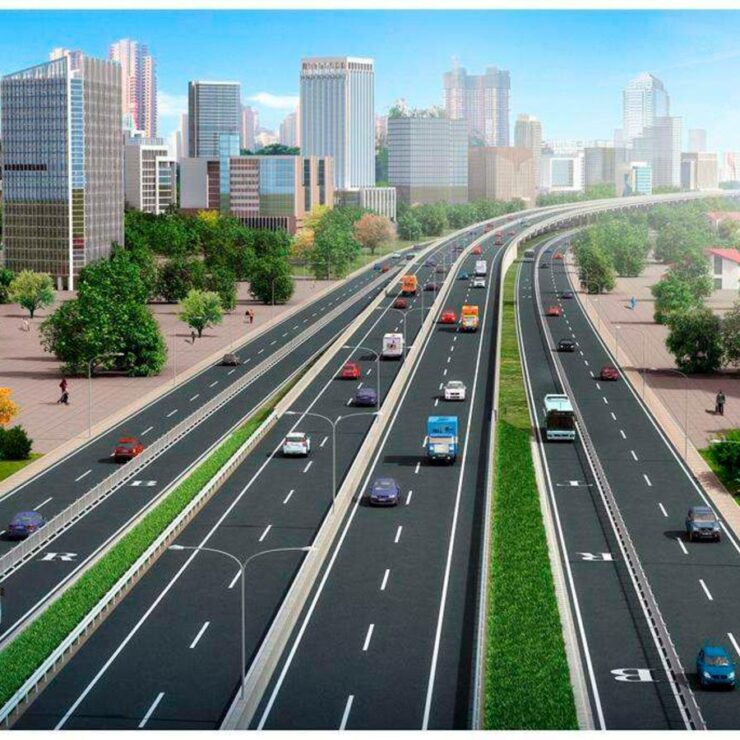
Connecting Communities to Urban Mobility
The First and Last Mile Connections Project is focused on solving one of the most critical challenges in urban mobility: ensuring that people can easily access the primary modes of public transportation, such as buses and trains, from their homes or workplaces. The project aims to bridge the gap between people’s starting points (first mile) and their final destination (last mile) by providing efficient, safe, and affordable transportation options.
This initiative will design and implement improvements to local transport networks, such as the creation of accessible pedestrian pathways, bike lanes, and feeder bus routes. The goal is to provide seamless access to the larger public transport system, making it easier for people to complete their daily commutes without relying on private cars.
The project will focus on underserved areas, ensuring that even remote communities are connected to the city’s central transport hubs. With a focus on safety, sustainability, and affordability, the project will help create a more inclusive urban transport system, ensuring that no one is left behind.
Key Features of the Project:
- Enhanced Accessibility: Improving infrastructure to make it easier for people to access public transport from their neighborhoods.
- Safe and Reliable Connectivity: Creating pedestrian-friendly paths and bike lanes to ensure safety and convenience.
- Sustainability: Encouraging the use of eco-friendly modes of transport, such as cycling and walking, to reduce the city’s carbon footprint.
- Affordability: Making transportation options affordable for all urban residents, including low-income and marginalized communities.
The First and Last Mile Connections Project will improve the daily commutes of thousands of people, promoting the use of public transport while reducing the reliance on private vehicles. This will lead to reduced congestion, lower emissions, and greater connectivity across the city.




